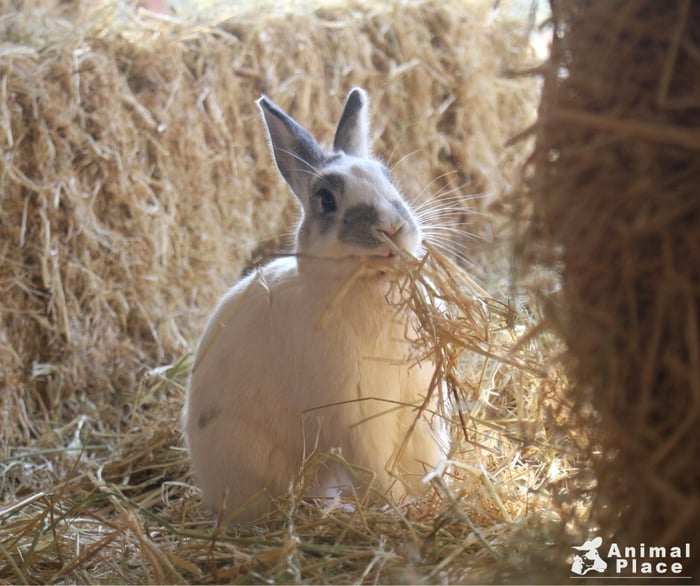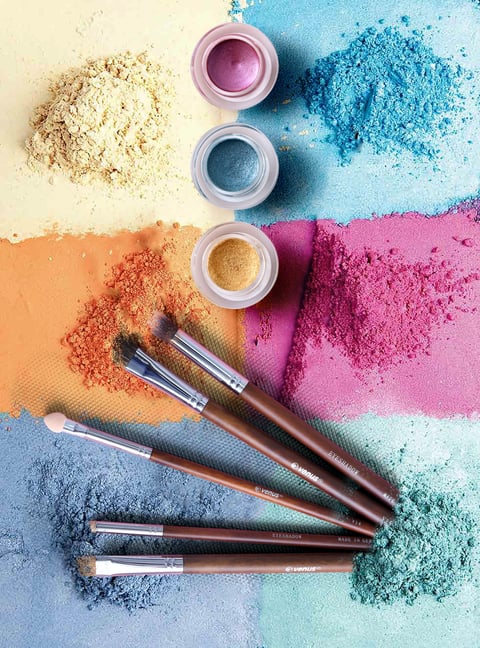
April 24 is World Day for Laboratory Animals. Established by People for the Ethical Treatment of Animals (PETA) in 1980, this is the day to bring prominence to the fight against the exploitation and suffering of lab animals.
What is animal testing?
The term animal testing is broadly defined to include any experiments done on live non-human animals to study their physical, chemical, microscopic, or emotional changes. By reproducing cause-and-effect testing on animals and studying their physiological responses, scientists can weed out anything that has the potential to harm humans.
A brief history
A well-known Greek physician, Galen, was known to perform dissections on pigs and goats in the 2nd century. Often referred to as the father of vivisection, Galen used to use animals to undertake experiments to understand various aspects of the human body. In the 3rd and 4th century BCE, Greek physician-scientists Erasistratus and Aristotle first wrote about experiments performed on animals. In the 12th century, Avenzoar, an Arabic physician, first introduced the idea of experimenting with surgical techniques on animals before operating on humans. Since then, animal testing has become a norm in various industries.
In recent years, people have started looking for cruelty-free products that aren't tested on animals at any stage of its manufacturing process.
Pro tip: Cruelty-free doesn't mean that the product is ethically produced or that it's vegan. A product can be cruelty-free and still have animal-derived ingredients.

This little guy receives medical attention from volunteers at Jakarta Animal Aid Network.
Currently, the U.S. Food and Drug Administration doesn't recognize the term "cruelty-free". So, it's up to your discretion and research to decide if companies are cruelty-free and if you want to support them. Consulting reliable websites like Cruelty-free Kitty, Logical Harmony, PETA, Leaping Bunny, and Ethical Elephant, or directly contacting the company, can help you make an informed decision. Ask questions like, "Do you outsource your testing to third parties? and if so do you know if they test on animals?", or "Are your raw materials produced from ethical sources?".
Some American states like California, Illinois, and Nevada, recently passed a law that bans the sale or import of animal-tested cosmetics. However, this law has a loophole. Even if a company has its headquarters in these states, if its products are sold in a place where animal testing is required, they can still test on animals.
Fact: Rats, mice, birds, and similar "smaller" breeds are not protected by the Animal Welfare Act under the U.S. Federal law.
At the moment, animal testing is mandatory for any cosmetic product imported to Mainland China. So, a product that is sold in Hong Kong can be cruelty-free. An exception to this law is that it only applies to products that are sold in-store. So, if you want to buy cruelty-free, look for online retailers.
When China approved alternative testing methods, there were speculations of it becoming cruelty-free in 2020, this isn't entirely the case. While this signals that the Chinese government is open to looking into alternative testing methods, it doesn't mean that the products that are sold in-store in Mainland China are no longer animal-tested.

This beautiful bunny was rescued by Juliana's Animal Sanctuary.
Beauty at what cost?
Various products are tested on animals before hitting the market. Makeup, shaving cream, toothpaste, shampoo, solution for contact lenses, and soaps are just some of the products where animal testing is rampant. This list is by no means exhaustive, but it helps to highlight the extent of animal testing done on the products we use each day.
Fact: It is estimated that more than 115 million animals are used in animal testing worldwide. However, we cannot know the actual number as "small animals" are excluded from official statistics.

This fella just wants to eat his food in peace and not be in a lab.
Flaws of animal testing
According to the Humane Society International, "Trying to mirror human diseases or toxicity by artificially creating symptoms in mice, dogs or monkeys has major scientific limitations that can't be overcome. Very often the symptoms and responses to potential treatments seen in other species are dissimilar to those of human patients. As a consequence, nine out of every 10 candidate medicines that appear safe and effective in animal studies fail when given to humans. Drug failures and research that never delivers because of irrelevant animal models not only delay medical progress but also waste resources and risk the health and safety of volunteers in clinical trials."
Since animals are different from humans, it's difficult to predict that the results obtained from animal testing would apply to humans. Age, gender, and living conditions of these animals also influence the results. There have been several cases where drugs that were cleared after animal testing failed on humans.
While animal testing has been key in the development of major medical breakthroughs, we now have options to make our tests cruelty-free and accurate. Manfredi San Germano, in his TEDx talk, Why our grandchildren won't know animal testing, introduces the human-on-chip concept. He and his team have developed a chip that works just like a human body. Concepts like these are the way of the future.
Fact: The European Union, India, and Israel have banned animal-testing and the sale and import of animal-tested products.






